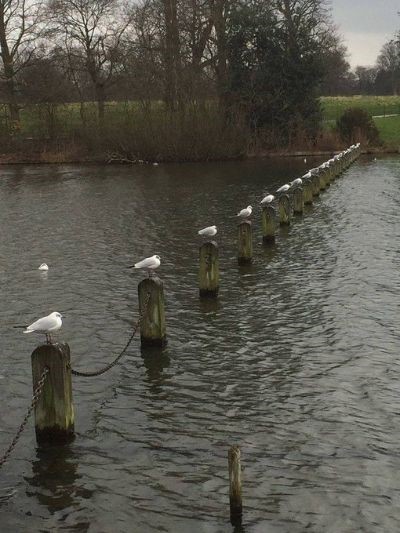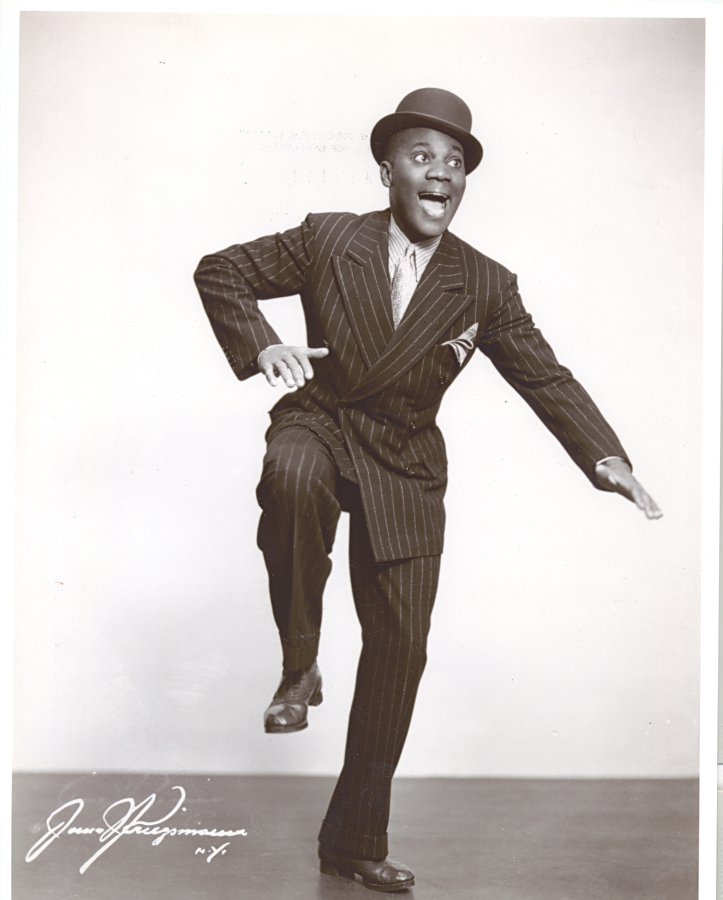Today, Monday, May 18, 2020 Governor Baker announced the first, “start” phase of reopening.
- Dance studios — which share characteristics of yoga studios and gyms probably will be able to open starting with the “Vigilant” phase 3, although the state is considering earlier starts for outdoor activities
- Performance venues will also start opening with phase 3, with larger stadiums and similar organizations opening later.
- On Memorial Day, some outdoor settings including beaches, parks, gardens and some athletic fields and courts will be allowed with restrictions including the uses of masks and physical distancing. Many of us are hoping that these settings will make it possible for dance to occur in controlled circumstances. We are keeping track of details and will share as soon as possible.
Be aware that phases of reopening will be guided by public health conditions — not particular dates. Yes, this makes it hard to plan, but each phase will be scrutinized to make sure that the reopenings are not causing infections and deaths to spike.
Given over 86,000 documented cases of COVID-19 and almost 6,000 deaths in Massachusetts, prudence in limiting face-to-face and body-to-body interactions is well-warranted. CNN recently reported that dance classes in a dozen different South Korean facilities became hot spots because “the moist, warm atmosphere in a sports facility coupled with turbulent air flow generated by intense physical exercise can cause more dense transmission of isolated droplets.” Classes linked to transmission had five to 22 students and took place in small spaces for almost an hour. Out of 217 students exposed to infected instructors, 57 of them — about one in four — ended up testing positive.
MASSCreative is advocating for
- Clear discipline & venue specific guidelines for reopening
- The creative sector needs clear guidance on reopening phases and timing. These guidelines need to be adapted for the various arts disciplines and venues.
- Access to PPE, sanitation supplies & contact tracing protocols
- The arts and cultural sector needs access to PPE, sanitation supplies, and contract tracing protocols that will allow for the protection of patrons, staff, artists, and audiences.
- Need for sustained financial support through full reopening
- In order for the creative industries to survive until they can safety reopen in Phase III or IV, arts and cultural organizations, artists, and independent contractors need to be included in all government stimulus, emergency funding, and economic recovery efforts.
- Coordinated State & Municipal Messaging Campaign
- When it is safe for the creative sector to hold traditional in-person events and restaurants to fully reopen, building public trust will be necessary in order to bring residents and tourists back to our state and cities and downtowns. Messaging campaigns coordinated by the State and Municipalities will help rebuild this public trust and bring back the arts, restaurants, and retail as drivers of the local economy.
You can join the 15-minute MASSCreative updates every Friday morning here
Boston Dance Alliance is in conversation with MASSCreative, our sister arts service organizations, the City of Boston, and the broader cultural community as we help identify best practices for the dance community. You will not have the responsibility of determining how to go forward alone — although your identification of unforeseen concerns and creative problem-solving is very welcome.
The challenge now is to move from the reactive energies of the first months of pandemic — where we looked to immediate relief, moving activities to virtual platforms, learning to unmute those little microphones on Zoom — to responsive efforts that help us take on the challenges of the summer ahead and work towards a fuller recovery through 2021.
As you plan, consider
- What do you really want to create in this moment? Will your work speak to the challenging experience of the pandemic or be a respite that speaks to other values such as beauty, entertainment, and healthy distraction?
- What do you think your audiences (over virtual links and live performance when we can do that again) want to experience?
- As a virtual audience member over the past few months, how has seeing art — dance, theatre, music and more — shaped your interests and expectations?
- “Futurecast” how you might balance digital dance activities, activities that could happen outside with masks and physical distancing protocols and intimate activities that involve a very small group of people. It is likely that all of these modalities will be part of the repertoire of dance between now and next year.
Boston Dance Alliance is here for everyone who wants to keep dancing in their lives.

Mayor Walsh is one of two dozen big city mayors calling on Congress to include funding for the arts and culture sector in the next relief package. A letter sent last week calls for additional funding for the National Endowment for the Arts, National Endowment for the Humanities, and Institute of Museum and Library Services.
Importantly, it identifies artists and self-employed workers as people who will need a longer term unemployment insurance.
“This is about far more than the cancellation of performances and exhibitions,” the letter reads. “This is about individuals—artists and cultural workers alike—whose livelihoods are being threatened if not already irrevocably impacted. This is also about the soul of our communities: It is the arts that make each of our communities unique. And it is the arts that will help our communities survive and thrive economically.”
The City of Cambridge has announced new funds to support small businesses. Up to $10,000 will be available through the Mayor’s Relief Fund and zero interest loans will be available through the Cambridge Redevelopment Authority (“CRA”) Loan Program. The maximum grant/loan amount for each business is $25,000 (up to a $10,000 Grant and up to a $15,000 Loan) or three months of business expenses, whichever is lower. Applications will only be available from May 15, 2020 until May 29, 2020 at 11:59 p.m so apply right away.
Jacob’s Pillow is presenting a conversation on Wednesday May 20 with Liz Lerman, Cleo Parker Robinson, John Heginbotham and Ana Maria Alvarez asking how and where will dance take place in a post-COVID world? How is the pandemic shifting the way artists think of themselves and their work?
Celebrate National Tap Day and Bill “Bojangles” Robinson’s Birthday with the third annual Tap Family Reunion.
Directed by tap dance luminaries Dormeshia, Derick K. Grant, and Jason Samuels Smith, the 3rd annual Tap Family Reunion is a 5-day virtual celebration May 21-25, with workshops, performances, discussions, screenings and the Tap Family Quiz Challenge where all participants can play against each other in real time for prizes.
Is digital mediation the inevitable, permanent future of our arts practice? This provocative article says it shouldn’t be.
We are puzzled by this tendency to believe that practicing one art form means practicing all the arts forms and that it is therefore enough for artists of all disciplines to migrate online to continue to exist. Each sector requires its own expertise. A dancer is not a visual artist, who in turn is not a film director. Some artists happily choose to adopt digital tools in their practice and that is exciting and commendable. However, each artistic practice must remain radically free. It is precisely this freedom that we are demanding today: the freedom to remain faithful to the performing arts. Not because they are better than digital arts, but because they are inherently different in nature, and this specificity must be preserved.

